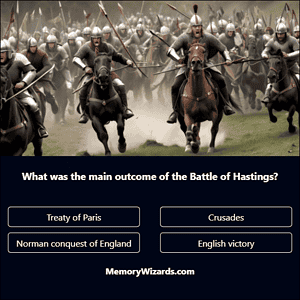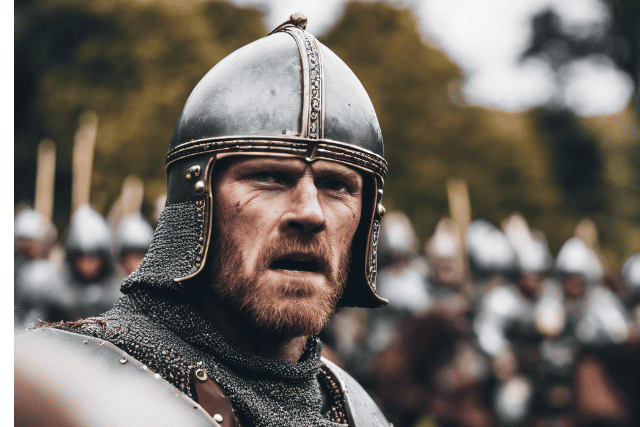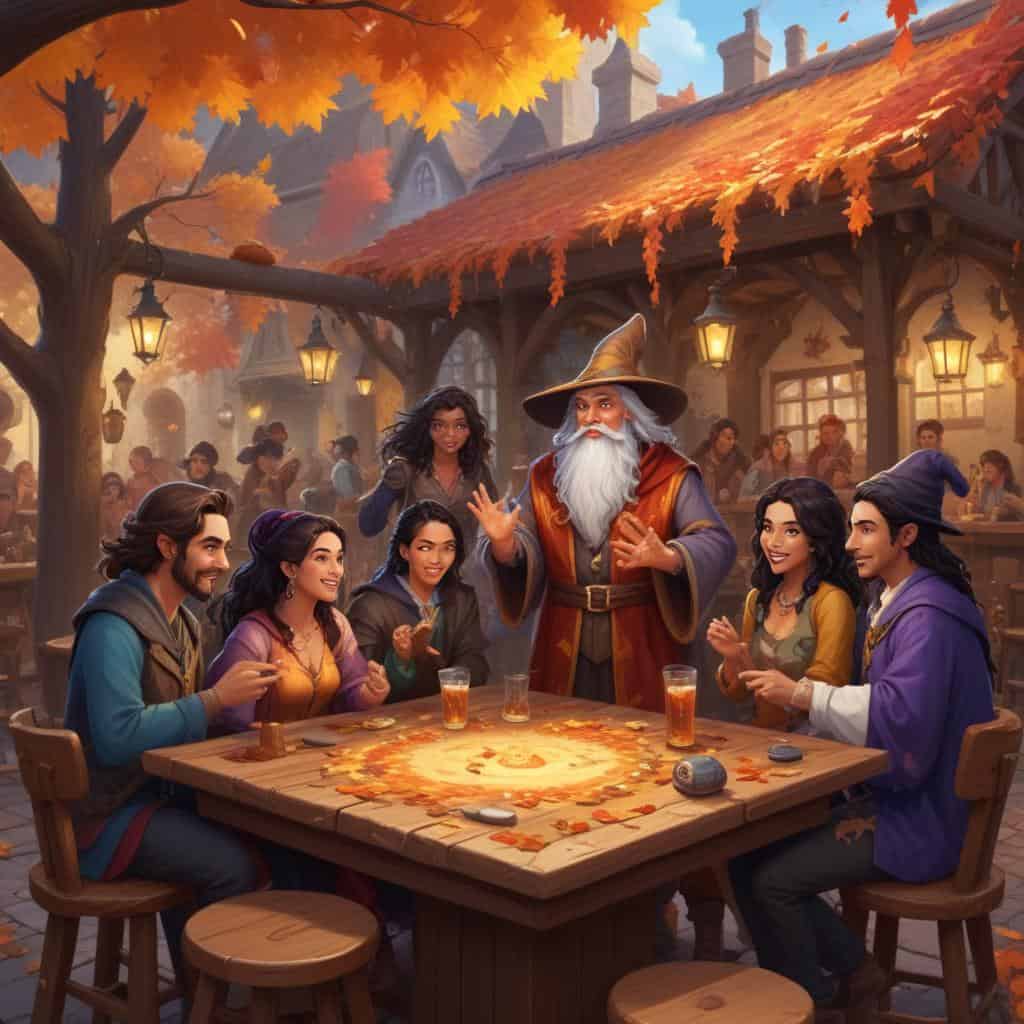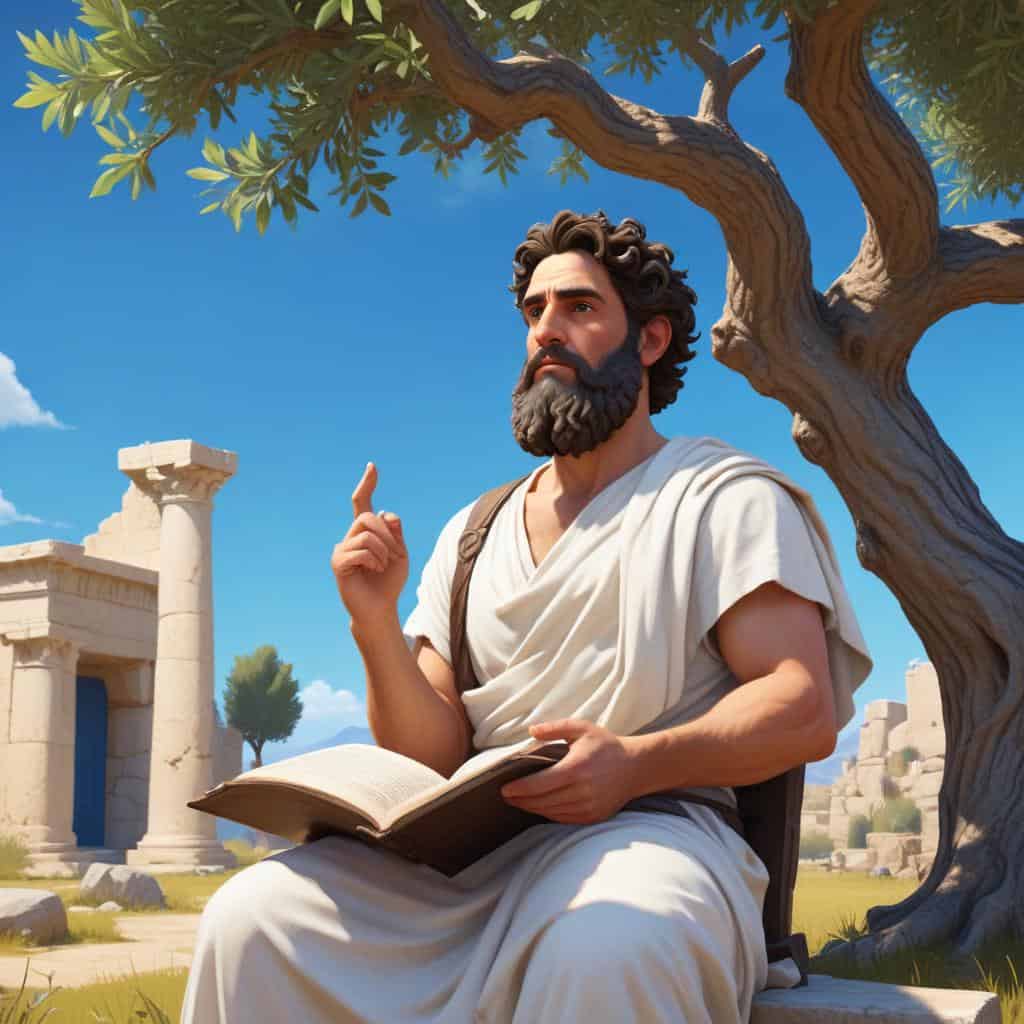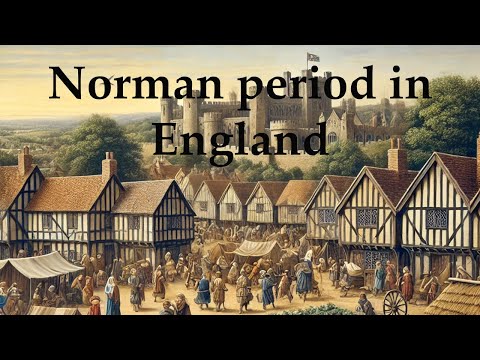The Norman Conquest was a significant event in the Middle Ages. It took place in 1066 when the Normans invaded England. This led to the establishment of Norman rule over the Anglo-Saxons. The conquest had a lasting impact on English society and culture. It brought about changes in language, law, and architecture. The Middle Ages, also known as the medieval period, spanned from the 5th to the 15th century. It was a time of knights, castles, and feudalism. The Norman Conquest marked the beginning of this era in England.
Summary List
- The Norman Conquest was the invasion and conquest of England by William the Conqueror in 1066.
- William the Conqueror became the first Norman King of England after the Battle of Hastings.
- The Middle Ages, also known as the Medieval period, lasted from the 5th to the 15th century.
- During the Middle Ages, feudalism was the dominant social and economic system in Europe.
- The Middle Ages saw the rise of powerful monarchies, the spread of Christianity, and the development of Gothic architecture.
Games and Apps
Learning Modules
Battle Of Hastings
The Battle of Hastings in 1066 was a pivotal moment in English history, when William the Conqueror defeated King Harold II and forever changed the course of the country. This epic battle is remembered for its brutal clashes and dramatic outcome, shaping the future of England for centuries to come.
I Want To Learn This!The Battle of Assandun
The Battle of Assandun was a pivotal conflict in 1016 that marked the end of the Danish invasion of England. King Edmund Ironside faced off against Cnut the Great in a fierce battle that would determine the fate of the English throne. This historic clash forever altered the course of English history.
I Want To Learn This!Domesday Book
Domesday Book, a detailed survey of England and parts of Wales completed in 1086 by order of William the Conqueror, is a fascinating historical record that provides insight into land ownership, taxation, and society in medieval England. Explore this invaluable resource for understanding life in the Middle Ages.
I Want To Learn This!The First Crusades
Embark on a thrilling journey back in time to the tumultuous era of the First Crusades. Witness the clash of civilizations, the fervor of religious zeal, and the brutal battles that shaped the course of history. Discover the untold stories of knights, kings, and peasants caught in the crossfire of holy war.
I Want To Learn This!The Battle of Tinchebray
The Battle of Tinchebray was a decisive conflict in 1106 between the forces of King Henry I of England and his brother Duke Robert of Normandy. The outcome of the battle would have far-reaching consequences for the future of both England and Normandy.
I Want To Learn This!The Anarchy (1135-1154)
The Anarchy (1135-1154) was a period of civil unrest and power struggles in England between Empress Matilda and King Stephen for the throne. This tumultuous time saw widespread chaos, battles, and shifting loyalties as both contenders fought for control, leaving the country in a state of turmoil.
I Want To Learn This!The Third Crusade (1189-1192)
The Third Crusade, from 1189 to 1192, saw the European Christian forces led by Richard the Lionheart of England, Philip II of France, and Holy Roman Emperor Frederick Barbarossa clash with the Muslim armies under Saladin in the Holy Land. A dramatic and bloody conflict that shaped the future of the region.
I Want To Learn This!Battle of Bouvines (1214)
The Battle of Bouvines in 1214 was a decisive conflict in the ongoing struggles for power in medieval Europe. Fought between the forces of King Philip II of France and an alliance of English, Flemish, and German nobles, the battle ended in a resounding victory for the French, solidifying Philip's control over his territories and establishing him as a dominant force in the region. This historic battle would have far-reaching consequences for the balance of power in Europe for years to come.
I Want To Learn This!Magna Carta
Magna Carta, also known as the Great Charter, is a historical document signed in 1215 by King John of England. It granted certain rights and liberties to the English nobles and limited the power of the monarchy. This groundbreaking document laid the foundation for modern constitutional law and democracy.
I Want To Learn This!
Learning Resources
Related Videos
Quiz Answers
Answers to quiz answers posted on social media are posted here.
